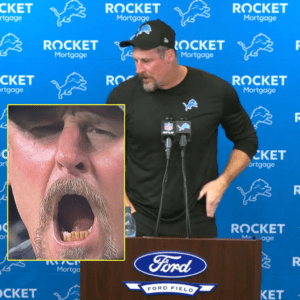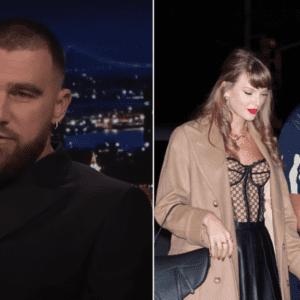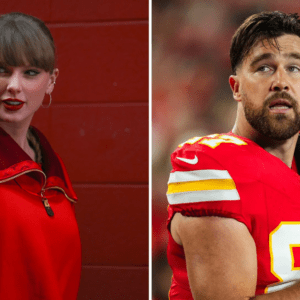In a move that has sparked a debate on the issue, Elo Musk, the owner of X (formerly Twitter), has rejected Disney Pride-related content on the platform, citing consumers that such material is not suitable for children. The decision, made through Musk’s personal account, has reignited the cultural battle over what content is appropriate for younger audiences.
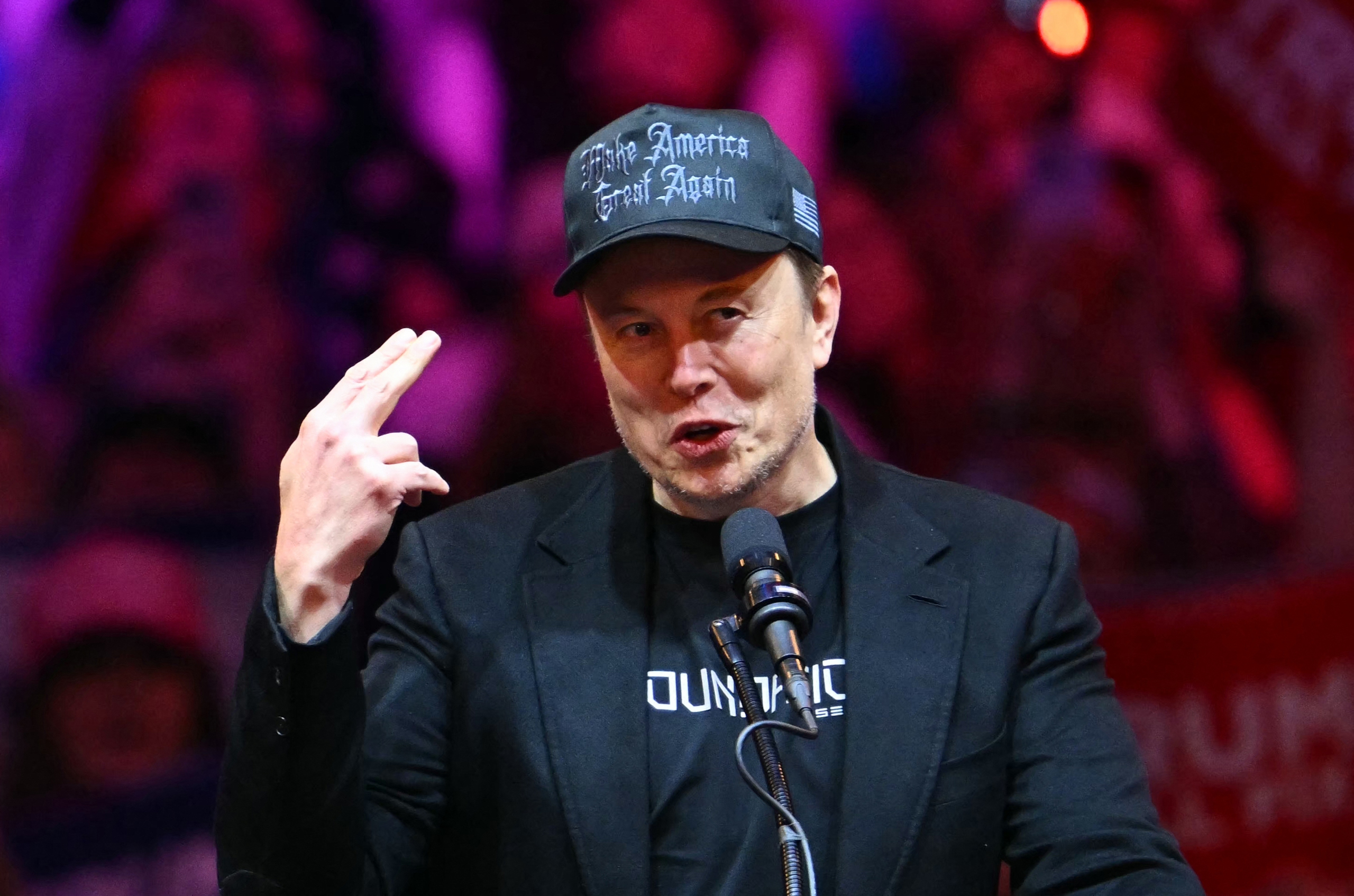



Musk takes a stand against the “woke” party
Musk’s decision appears to stem from his broader criticism of “woke” ideologies, a term often used to describe progressive social justice movements. In a tweet, Musk said: “Children deserve protection, not indoctrination. Disney’s Pride material goes beyond an idea that should be decided by parents, not corporations.”
This marks a significant escalation in Musk’s stance against advertising, which he perceives as politically motivated. The billionaire’s social media platform has become a focal point for important debates about free speech and, now, the morality of children’s programming.
Disney’s Response to the Controversy
Disney, known for its inclusive initiatives and support of the LGBTQ+ community, was quick to issue a statement. “Our team celebrates diversity and inclusion, values we apologetically uphold. We are disappointed by X’s decision, which undermines our efforts to create a welcoming environment for all families,” a Disney spokesperson said.
The entertainment giant is all too oblivious to controversy over its progressive content, with critics often accusing the company of projecting the political era onto family programming.






Supporters and critics react
Musk’s decision has drawn both praise and criticism. Conservative commentators applauded the decision, claiming it protects children from exposure to controversial topics. “Elo Musk is a hero for standing up to corporate propaganda targeting children,” one commentator wrote.
On the other hand, LGBTQ+ rights advocates and progressive groups have accused Musk of promoting censorship and fostering an environment of acceptance for marginalized communities. “This is a dangerous precedent that marginalizes LGBTQ+ youth who already face challenges in terms of accurate representation,” said a GLAAD representative.
A broader cultural shift?
The clash between Musk and Disney highlights a broader cultural divide in the United States. As more companies embrace diversity and inclusion, a growing opposition movement argues that such initiatives prioritize politics over self-interest. Musk’s actions suggest he sees X as a battleground to confront what he perceives as ideological overreach.
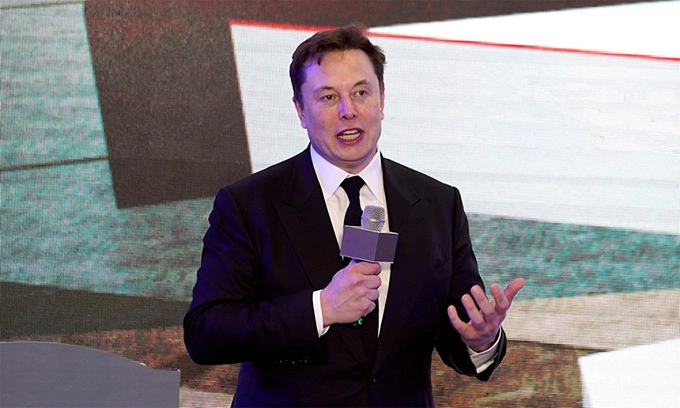





What’s next for Disney and X?
It’s unclear how this dispute will affect Disney’s presence on X. Given that Disney is one of the largest content producers globally, a prolonged conflict could have significant financial and reputational consequences for both sides.
For now, the debate rages on, leaving parents, content creators and tech platforms grappling with the question: Where should life be headed when it comes to kids’ content?


